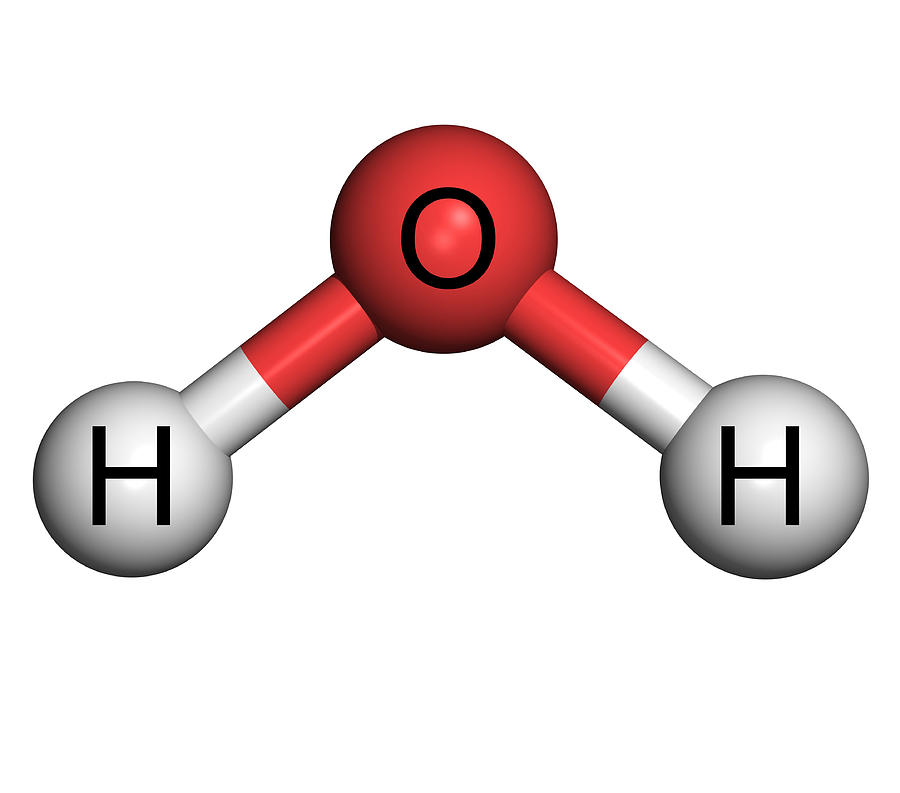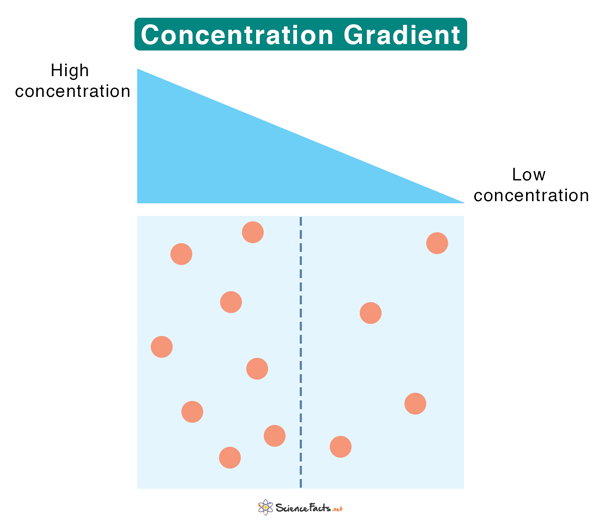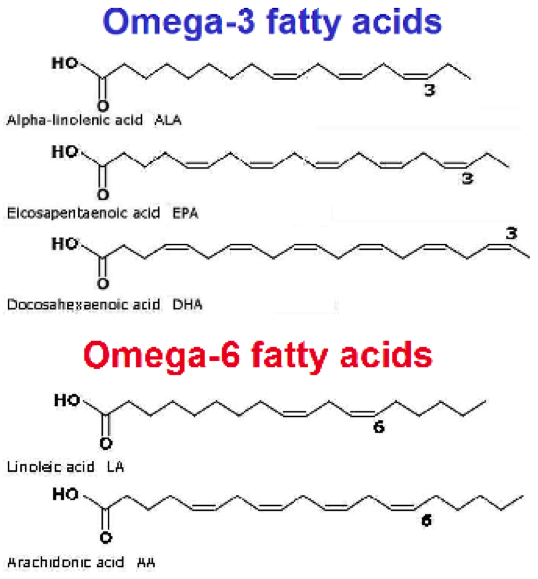This is a polar or nonpolar molecule.

Is this a polar molecule?
:max_bytes(150000):strip_icc()/GettyImages-1193686961-055bb7e250ca44eb817d245b301a0bf4.jpg) How many water molecules will be formed/are needed to break this polysacchride?
How many water molecules will be formed/are needed to break this polysacchride?
What is two water molecules?
What type of cell has a cell wall and why does it have one?
What is a plant cell and structural support?

Which direction will the solutes flow?
What is to from high to low?
 What type of bond exists between the O and the H?
What type of bond exists between the O and the H?
Is this a polar covalent bond?


What level of protein structure is this?
What is 2nd degree structure?
What domain of life has peptidoglycan cell membranes?
What is the difference between active and passive transport?
What is active moves against the concentration gradient and passive moves along it?
Draw a hydrogen bond.
(H is connected by dotted line to an o of another water molecule)
 What level of protein structure is this?
What level of protein structure is this?
What is the first endosymbiosis event?
Aerobic bacterium evolves to become mitochondrion
How does the fluidity of the membrane change at higher temperatures?
What is it becomes more fluid?
Name five key physical properties of water
What is high specific heat capacity, high heat of vaporization, cohesion/adhesion, and solvent properties?

What type of fatty acid is this?
What is unsaturated fatty acid?
What is the second endosymbiosis event?
Photosynthetic bacterium evolves to become chloroplast
How would you described the structure of a peptidoglycan cell wall? 
Draw a salt dissolved in water. What is this an example of?
Cl surrounded by hydrogens of other water molecules, Na surrounded by oxygen of other water molecules. What is Ion-dipole interactions?
What are the components of an amino acid? (Hint: four things)
What is amino group, alpha carbon, carboxyl group, and R group?
Given the major function of a particular specialized eukaryotic cell, for example
macrophages or lymphocytes, predict the relative abundance and distribution of its
various organelles.
What is lymphocytes need lots of mitochondria and macrophages need lots of lysosomes?
 At what is the action potential depolarized and hyperpolarized? How is it propagated?
At what is the action potential depolarized and hyperpolarized? How is it propagated?
What is depolarized at the peak, hyperpolarized at the lowest point? What is propagated by a wave of depolarization?